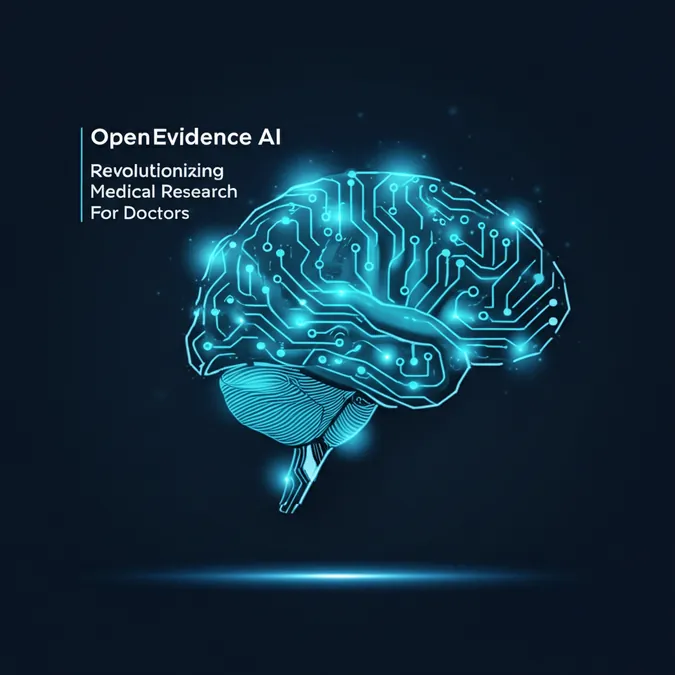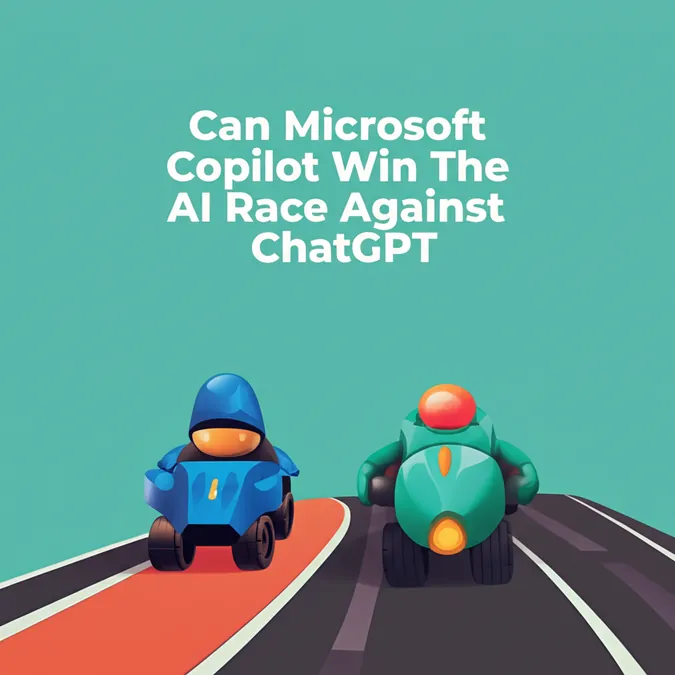Developer Offer
Try ImaginePro API with 50 Free Credits
Build and ship AI-powered visuals with Midjourney, Flux, and more — free credits refresh every month.
The Hidden Cost Of AI For College Students
Students today have fewer reasons to talk to their professors or even their classmates. AI chatbots like ChatGPT, Gemini, and Claude offer a new kind of self-sufficiency. Instead of asking a professor for help brainstorming a paper topic, students can turn to a chatbot. Rather than forming a study group, they can ask AI for assistance. These tools provide quick answers, on-demand.
For students juggling school, work, and family, this ease of access can feel like a godsend. A quick question to a chatbot here and there might seem harmless. However, every time a student chooses a chatbot over a professor, peer, or tutor, it's a missed opportunity to build or strengthen a relationship. The human connections forged on campus are one of the most significant benefits of a college education.
Julia Freeland-Fisher, who studies the intersection of technology and student success at the Clayton Christensen Institute, warns that the consequences of relying on chatbots can accumulate.
“Over time, that means students have fewer and fewer people in their corner who can help them in other moments of struggle, who can help them in ways a bot might not be capable of,” she said. As colleges integrate these AI tools more deeply, Freeland-Fisher believes lost relationships could become a devastating unintended consequence.
Asking for Help
Christian Alba, a 20-year-old business and history student at College of the Canyons, says he has never submitted an AI-written assignment. However, he admits to using ChatGPT to overcome writer's block. He has asked it for outlines, introductory ideas, and help with prioritizing tasks.
“It’s kind of hard to just start something fresh off your mind,” Alba said. “I won’t lie. It’s a helpful tool.” While Alba has questioned if this is an overreliance on AI, the primary concern in higher education often revolves around academic integrity, not the loss of social capital. This is a critical oversight.
Jean Rhodes, a psychology professor at the University of Massachusetts Boston, has spent decades studying how college students seek help and the long-term benefits of the relationships they form. She worries that students get inferior answers from chatbots, even for simple questions like, “how do I change my major?”
A chatbot might direct a student to the registrar, Rhodes explained, but a human advisor would ask follow-up questions about their goals, potentially leading to a much deeper and more helpful conversation.
“We understand the broader context of students’ lives. They’re smart but they’re not wise, these tools.” — Jean Rhodes, a psychology professor at the University of Massachusetts Boston
To address this, Rhodes and a former student created Connected Scholars, a program that teaches students the value of networking and mentorship. A forthcoming paper shows that students who take the course are three times more likely to graduate. The key, Rhodes found, is helping students overcome their aversion to asking for help.
Connections are Key
Seeking help from a person resolves an immediate problem and builds a connection. That person could become a friend, mentor, or business partner—a “strong tie” in a person's network. They could also be a “weak tie,” someone seen infrequently who might one day offer a crucial job lead or vital social support.
In his book “How College Works,” retired sociologist Daniel Chambliss found that a successful college experience often comes down to relationships: two or three close friends and one or two trusted adults. He worries that AI chatbots make it too easy to avoid these critical interactions.
“We’re suffering epidemic levels of loneliness in America,” he said. “It’s a really major problem, historically speaking. It’s very unusual, and it’s profoundly bad for people.” Chambliss predicts that as students turn to AI for help and conversation, it will only deepen this isolation.
A recent study by researchers at MIT and OpenAI supports this, finding that the most frequent users of ChatGPT were more likely to be lonely and isolated.
“What scares me about that is that Big Tech would like all of us to be power users,” said Freeland-Fisher. “That’s in the fabric of the business model of a technology company.”
Yesenia Pacheco, 24, is returning to Long Beach City College and plans to stick to her old habits of attending office hours and talking to professors. She has noticed that today's high schoolers seem less accustomed to building relationships with adults and mentors. She understands their importance.
“A chatbot,” she said, “isn’t going to give you a letter of recommendation.”
Compare Plans & Pricing
Find the plan that matches your workload and unlock full access to ImaginePro.
| Plan | Price | Highlights |
|---|---|---|
| Standard | $8 / month |
|
| Premium | $20 / month |
|
Need custom terms? Talk to us to tailor credits, rate limits, or deployment options.
View All Pricing Details

